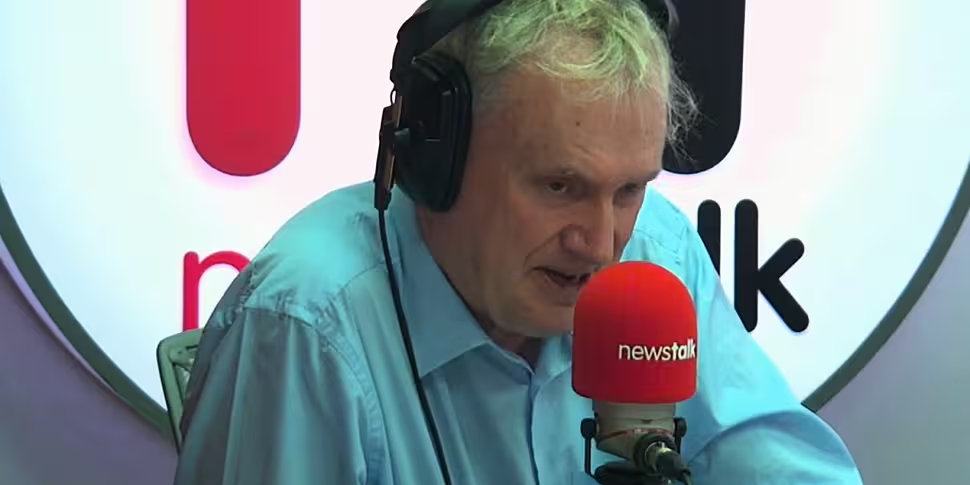An antibody treatment for coronavirus could reduce the risk of long COVID, according to Professor Luke O'Neill.
The Trinity College immunologist says the Regeneron treatment is very expensive, but could help make savings in other areas of the health system.
The experimental antibody treatment was famously used by the then US president Donald Trump when he contracted the virus last year.
Now, Germany has become the first country in the EU to buy the treatment, with 200,000 doses set to cost the country €400 million.
The EU has yet to give the drug the green light for emergency use - but Professor O'Neill told The Pat Kenny Show that Germany clearly felt it had to act now.
He said: “We’re in the middle of an emergency, and countries are going to do whatever they can to some extent."
The immunologist said that while the treatment is much more expensive than a vaccine, data shows it is working.
It also comes as the vaccination programmes here and across Europe face potential delays due to lower supplies of the AstraZeneca vaccine than initially expected.
Professor O'Neill explained: “If you stop somebody spending three weeks in hospital, that’s a big saving.
"As important is the long COVID prospect. [The treatment] kills the virus, and decreases the risk of long-term problems, which have an economic impact and horrible impact on people’s health. There all sorts of reasons to deploy these antibodies.
“If the vaccine [rollout] isn’t as fast as we like… these antibodies come to the fore, very much so. They’re another weapon to use.”
Vitamin D
One issue that has been debated among scientists since early in the pandemic has been the role of vitamin D in helping the immune system protect the body against COVID-19.
Irish scientists - including Professor O'Neill's Trinity colleague Rose Anne Kenny - have said supplements of the vitamin could help protect people against the virus while vaccines are rolled out.
Professor O'Neill said there have been calls for larger-scale scientific studies into vitamin D and COVID, but that in the meantime there is growing evidence to support its use.
He said: “There’s a Spanish study that just came out… it was a small number [of people]… but there was a big effect of Vitamin D supplementation on those people.
“One issue is [there’s only been one or two] randomised, controlled trials… there has been a criticism slightly saying to do a proper trial.
“But meanwhile, all this data is building up of a very strong correlation.
"We know vitamin D is tremendous for the immune system, so it makes perfect scientific sense that vitamin D will really help the immune system. There’s a strong rationale to make sure people are vitamin D replete. "
He said there's already a strong case for ensuring older people have sufficient vitamin D, as it builds strong bones and muscles.









